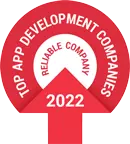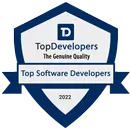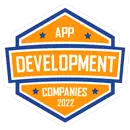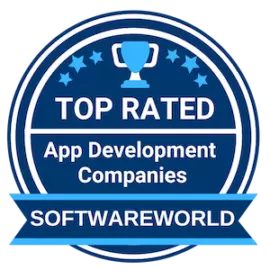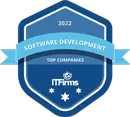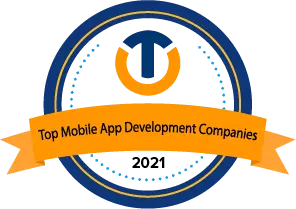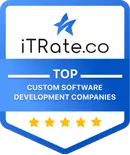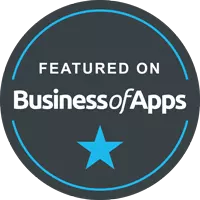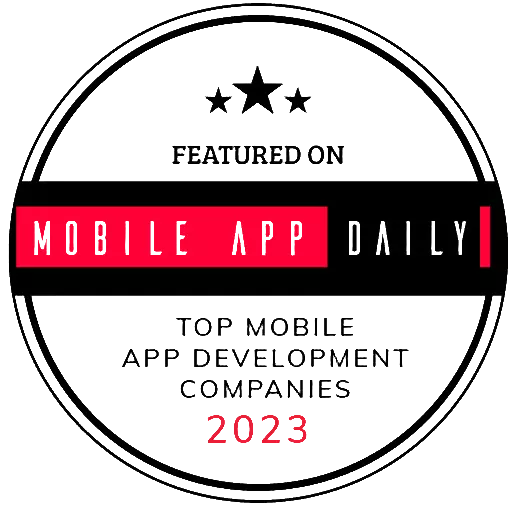Enabling Centralized Analysis of Athletic Performance in a Cloud
Description
A provider of sports hardware and software products turned to Altoros to build a cloud platform for monitoring and analyzing physical performance of athletes, while enabling high availability, scalability, and security.
Brief results of the collaboration:
- The customer delivered a scalable cloud-native system that ensures centralized access to historical training data for professional athletes and their coaches. As the app gathers and consolidates information from 13 types of smart devices, which may be located in different training camps, it is now possible to analyze athletes’ progress over time and develop data-driven strategies to improve performance results.
- Thanks to enforced security, the company prevented data tampering and laid the foundation for compliance with such regulations as the General Data Protection Regulation (GDPR).
- The integration of Knee Injury and Osteoarthritis Outcome Score (KOOS) survey into the system also helped to minimize chances for cheating.
The customer
The company is a Norwegian provider of hardware / software solutions for professional sportsmen. The customer offers a suite of smart devices that measure performance in real time accompanied by a software system that analyzes and visualizes the results.
The need
In its portfolio, a provider has 13 types of devices—from force plates to speed sensors—used by individual athletes or sports teams. The sensors measure performance (running speed, lifted weight, force profiling, etc.) and send the results to a desktop system for visualization. Athletes may have trainings in multiple camps, but it is crucial to have a single view on performance results across all the locations. However, initially, the proprietary system was installed on premises, did not provide a centralized access to sportsmen profiles or historical data, preventing coaches and athletes from analyzing progress over time and developing improvement strategies.
Recognizing the need for transformation, the company turned to Altoros to enable its IoT-driven system work in the cloud, having a focus on high availability, scalability, and security.
The challenges
Under the project, the team at Altoros had to address the following issues:
- As the system would process personal information of athletes (from names to medical data), ensuring security and compliance with such regulations as GDPR was crucial.
- Only qualified coaches were allowed to conduct performance tests in the disciplines they were certified for and supervise the results via the system. It was important to implement access restrictions, so that unauthorized users could not alter critical data.
- Since each of the 13 smart devices types was built to evaluate different performance parameters (speed, velocity, etc.), the system would aggregate data in different measurement units (meters, seconds, kilos, etc.). This would cause certain difficulties when correlating and visualizing test results in a single diagram.
The solution
Stage 1. After evaluating the customer needs, engineers at Altoros built the system's architecture based on Microsoft Azure, as the cloud platform had all the necessary tooling to enable scalability, high availability, and security. To build a user interface, the developers opted for TypeScript due to streamlined error detection at a compilation stage and simplified debugging / upgrades. Following the best practices of responsive design, the team ensured generic visualization experience via web and mobile views.
Stage 2. One of the initiatives to enforce security was implementing Azure Active Directory. Using the service, the developers delivered multifactor authentication and role-based access control to prevent tampering with sensitive data. These efforts also laid the foundation for the GDPR compliance.
Stage 3. By implementing the Telerik library and configuring the KendoReact component, the team at Altoros made it possible to consolidate different measurement units and visualize them as performance results in a single graph.
Stage 4. Then, the developers integrated the KOOS survey, the industry standard to evaluate the severity of knee injuries. That way, coaches were able to correlate performance results at training sessions with athletes' answers to the questionnaire. As a result, coaches got a comprehensive view of sportsmen physical state, while minimizing a possibility for cheating.
Stage 5. Finally, the quality assurance engineers covered the code with integration tests to ensure the system meets all the functional requirements.
13
types of smart devices
6 months
on MVP delivery
GDPR
compliance ensured
The outcome
Together with Altoros, the customer built a cloud-native system that provides professional athletes and their coaches with centralized access to historical training data. Now, it is possible to have a single view over information gathered by 13 types of smart devices that may be located in different training camps, analyze athletes’ progress over time, and develop data-driven strategies to improve performance results.
With security measures in place, the company was able to prevent data tampering and lay the foundation for compliance with data protection regulations, such as GDPR.
Platform
Microsoft Azure
Programming languages
C#, TypeScript
Frameworks and tools
.NET Core, Azure Active Directory, React.js, Telerik
Database
Microsoft Azure SQL Database
Seeking a solution like this?
Contact us and get a quote within 24 hours




